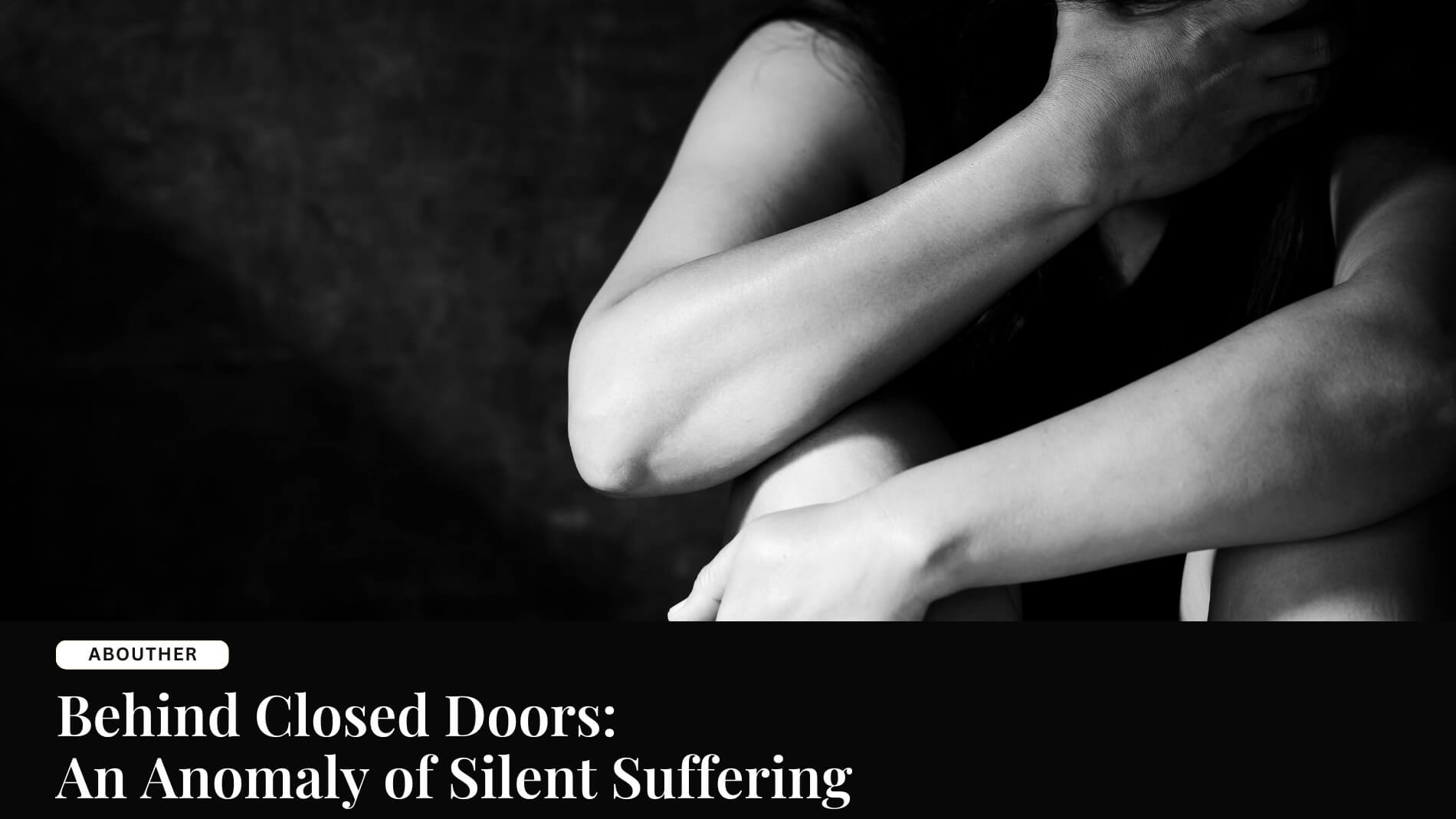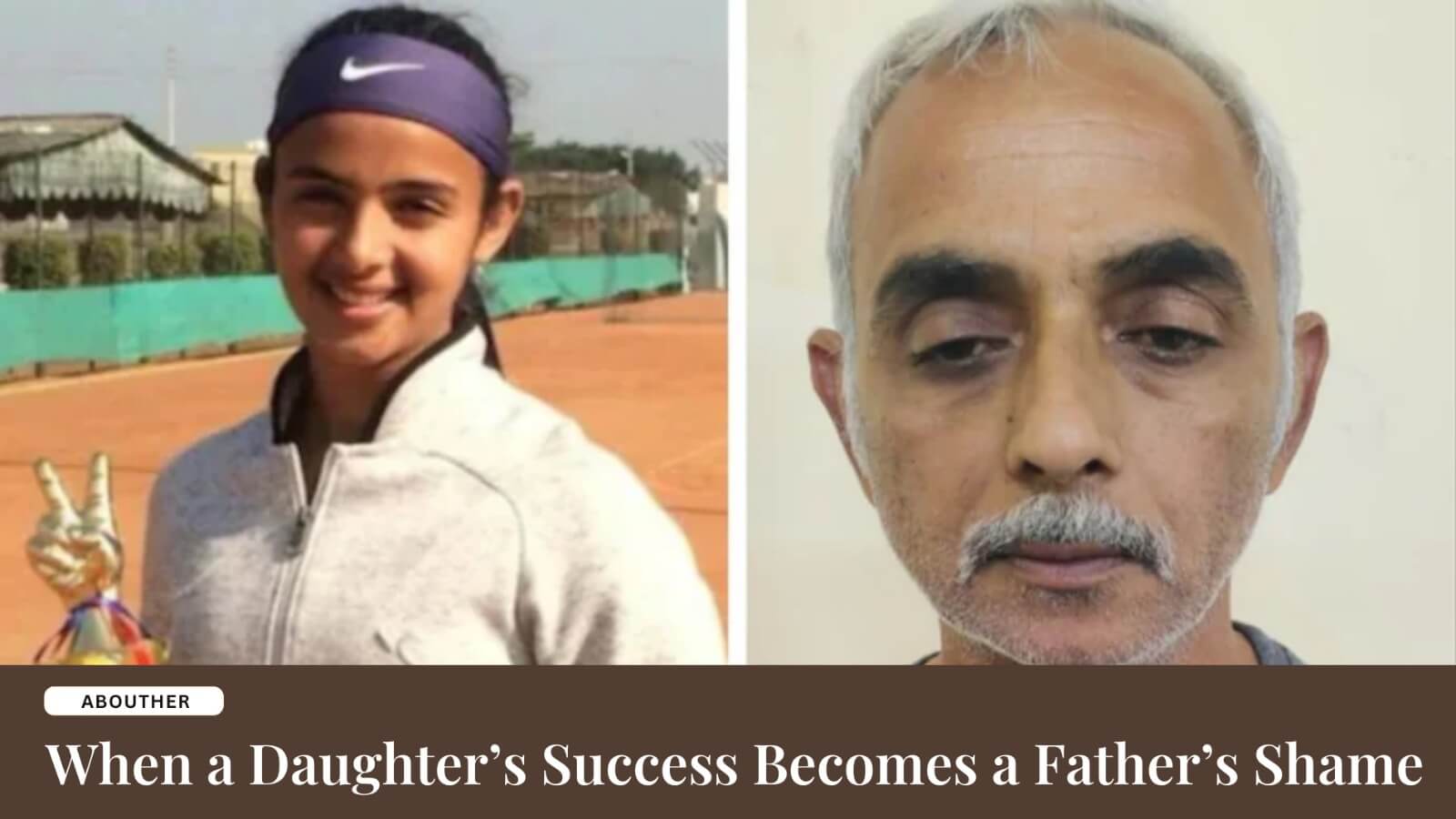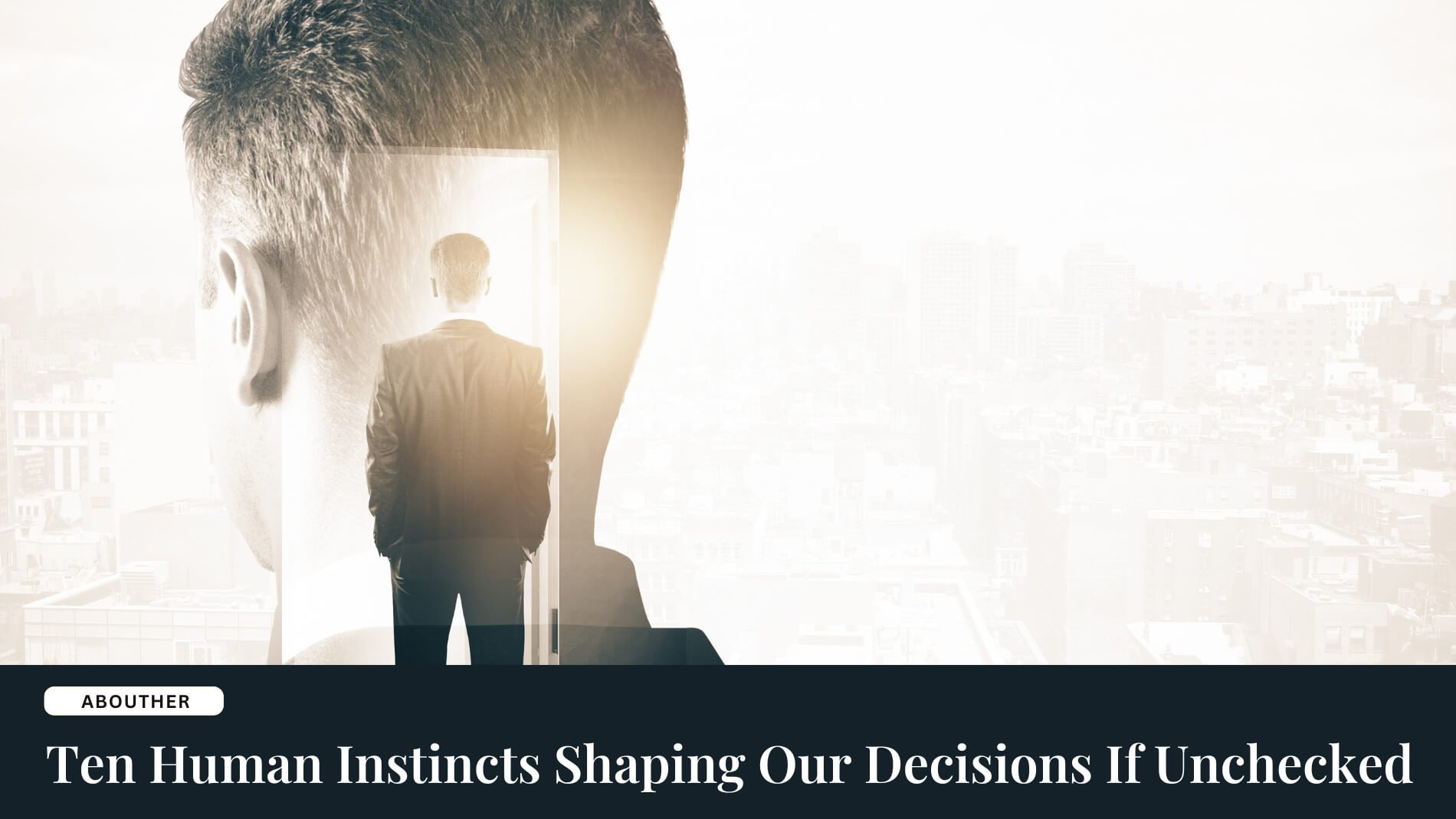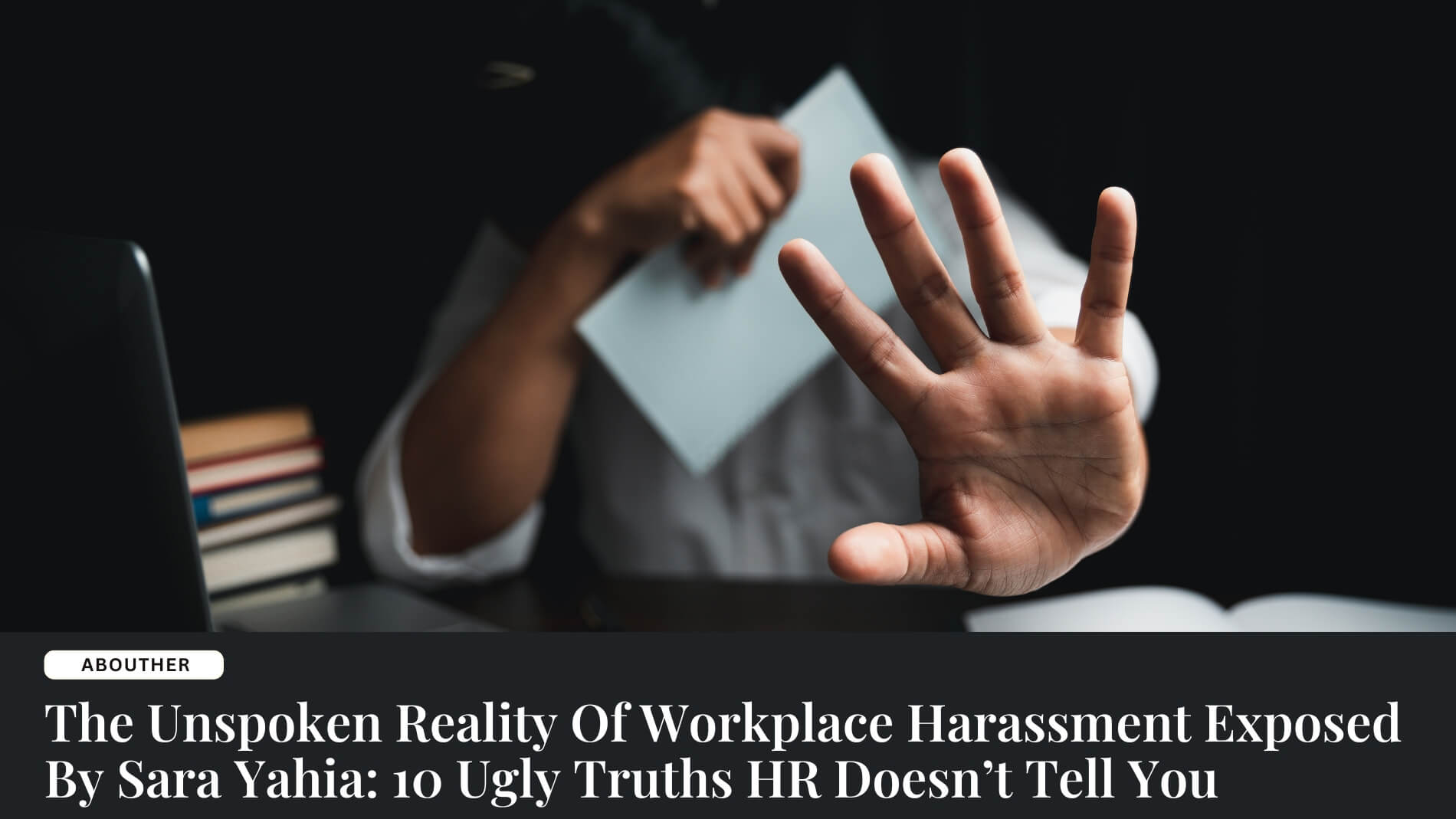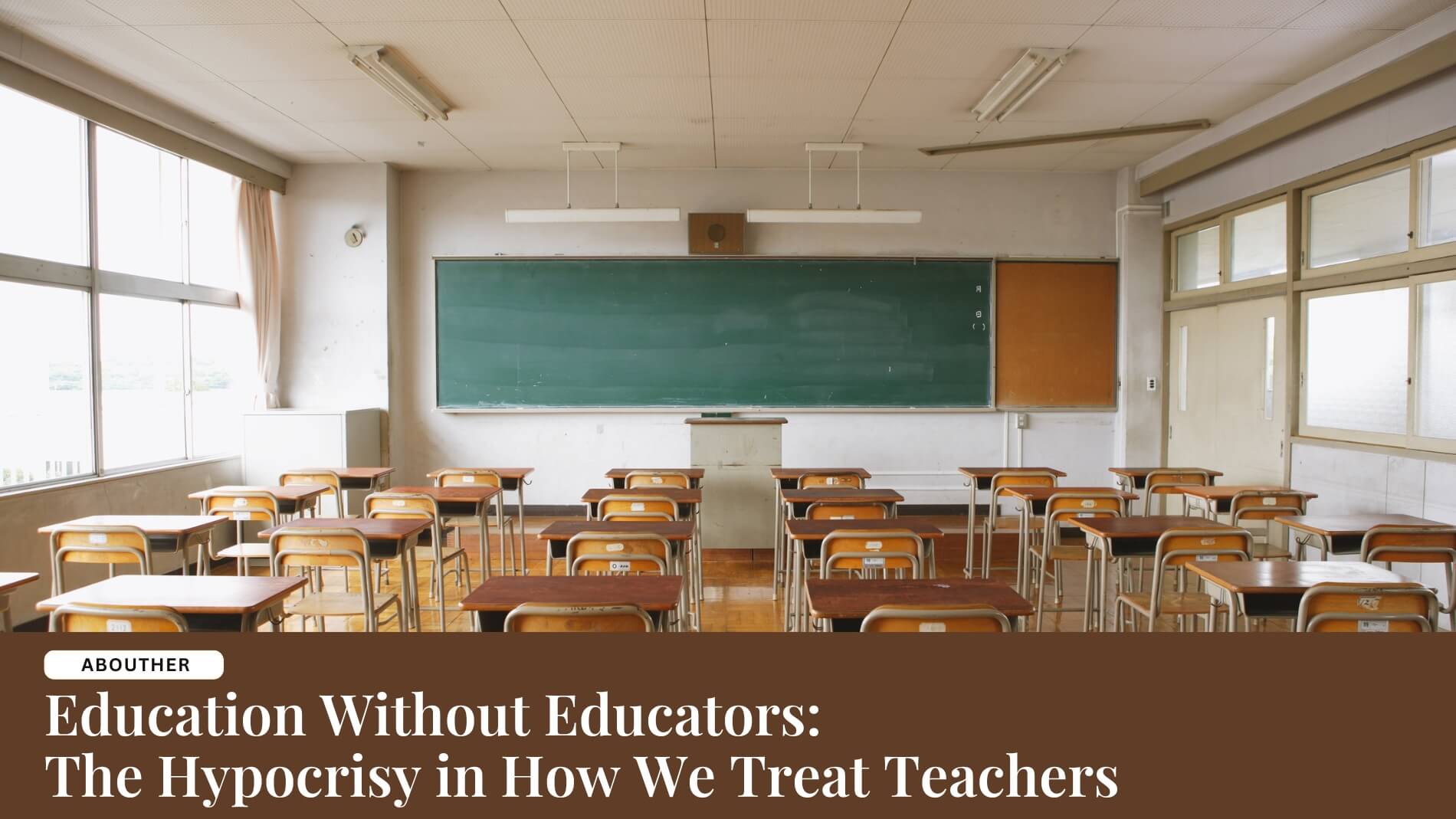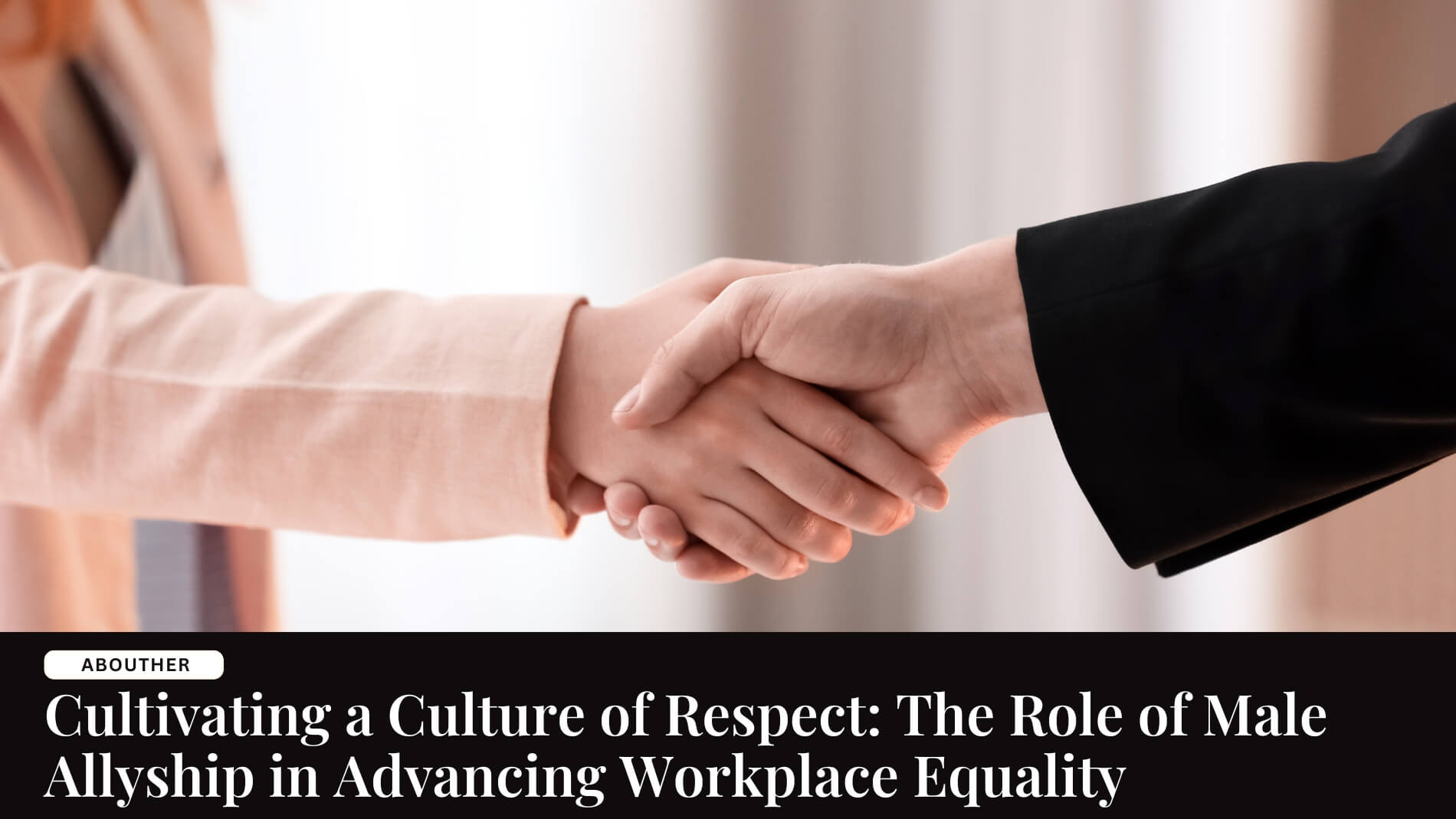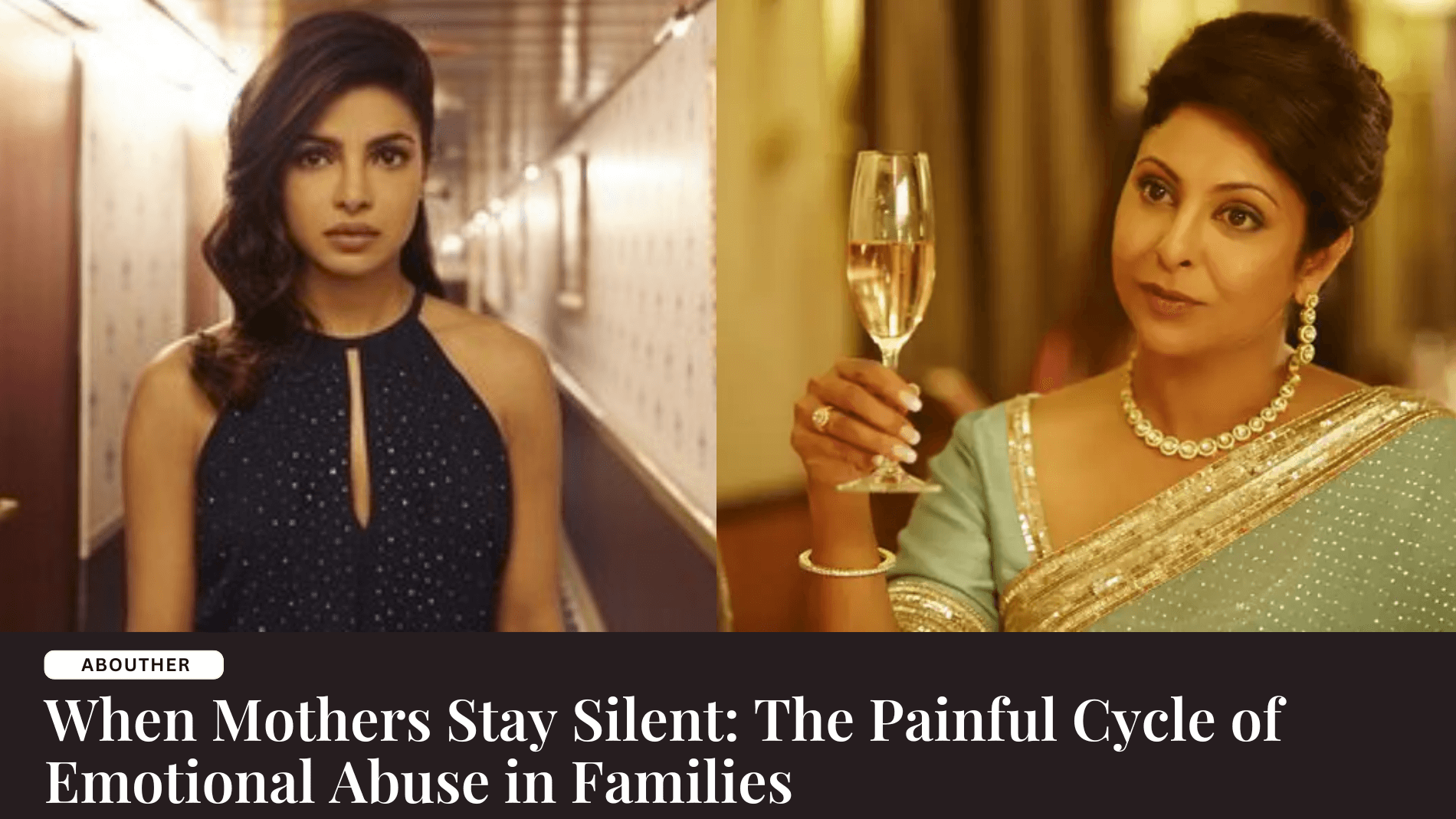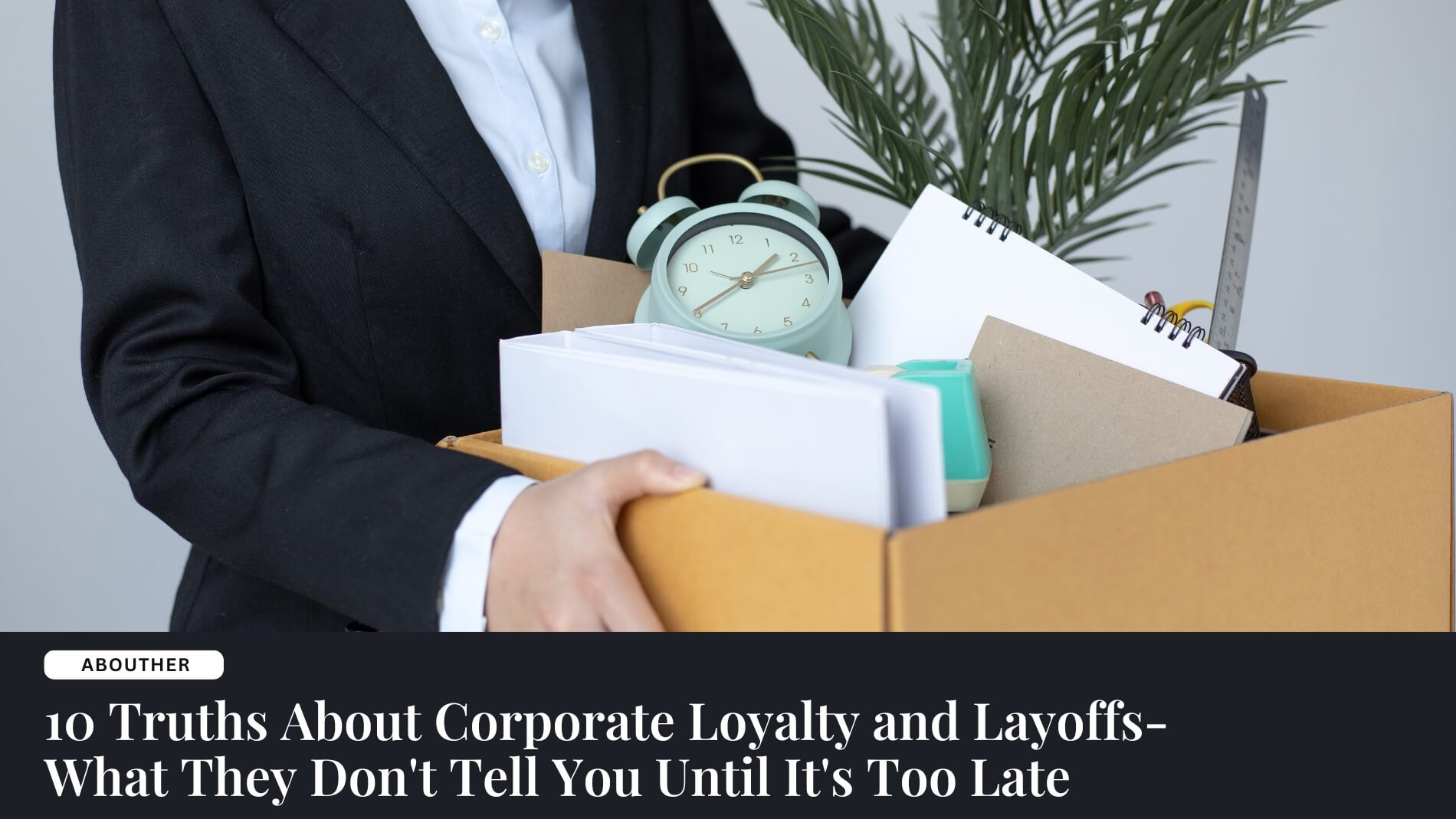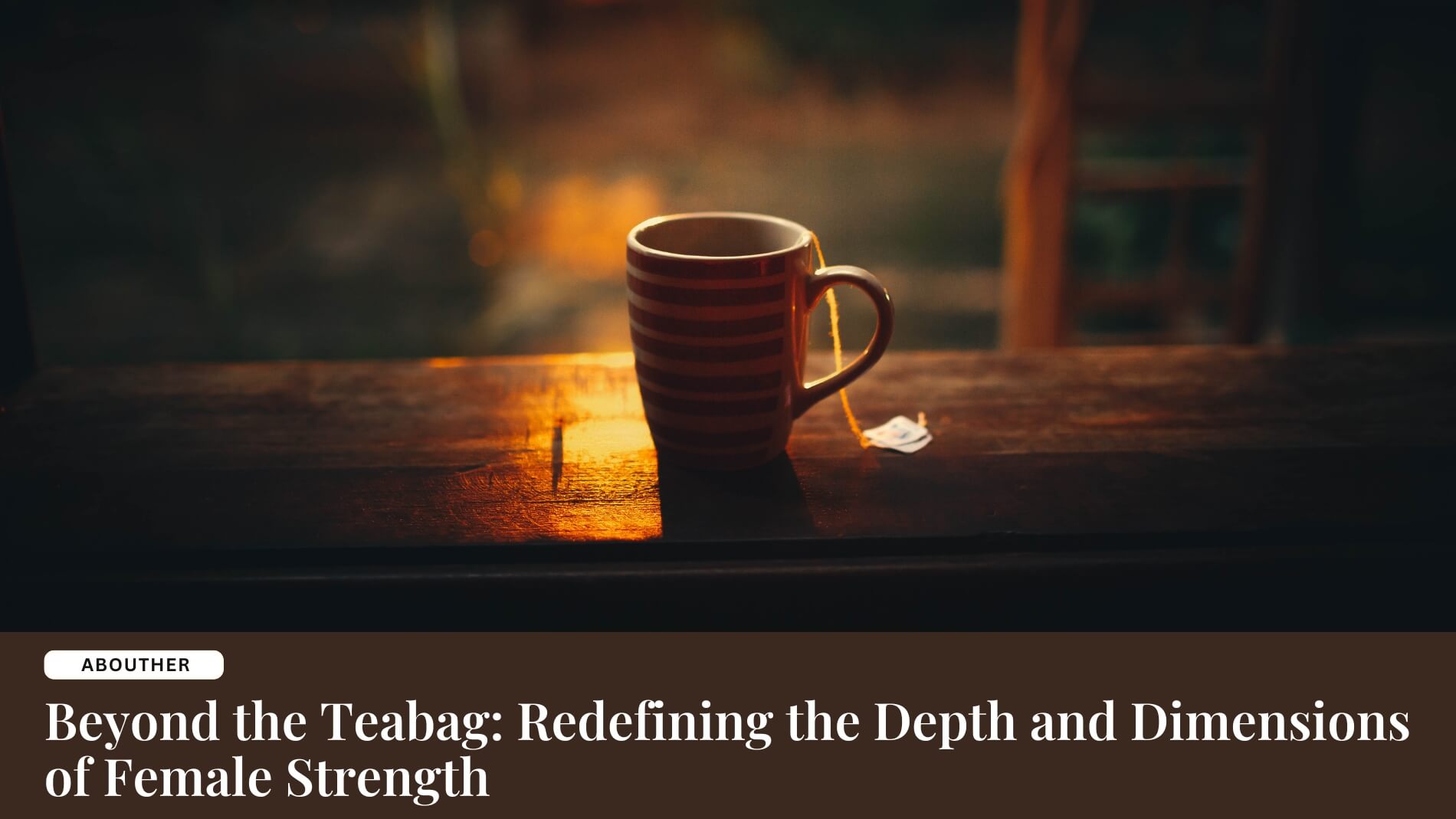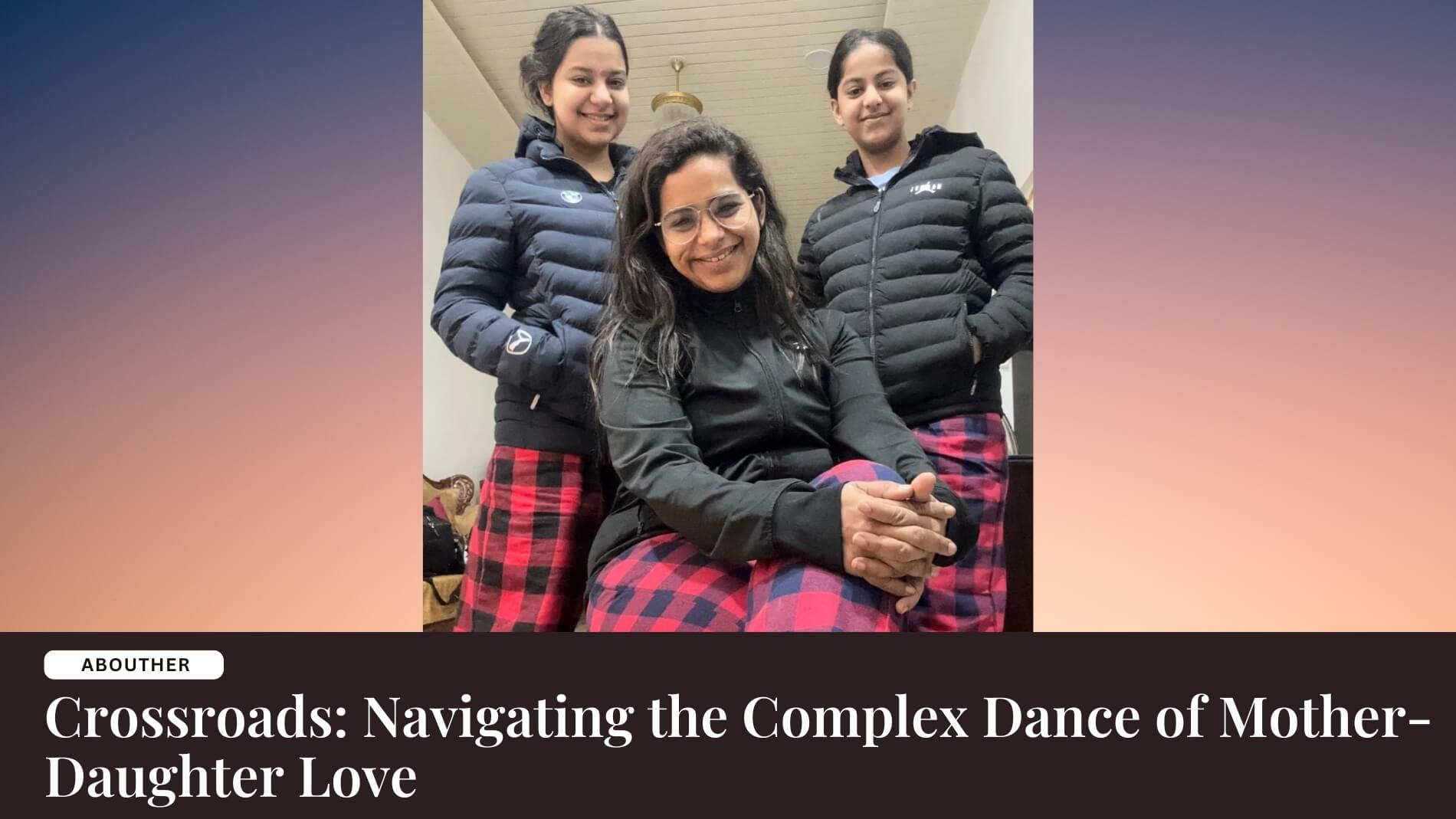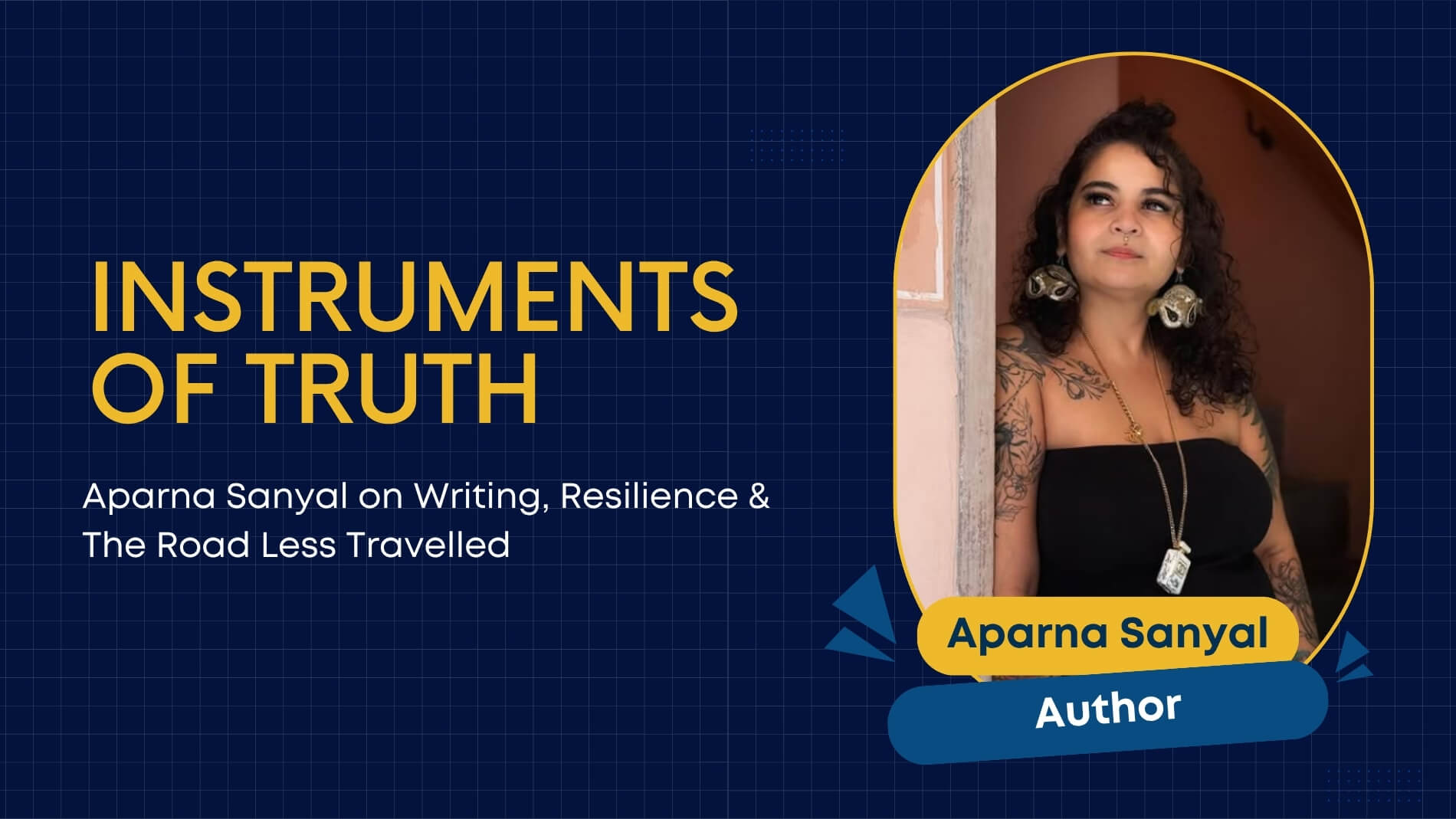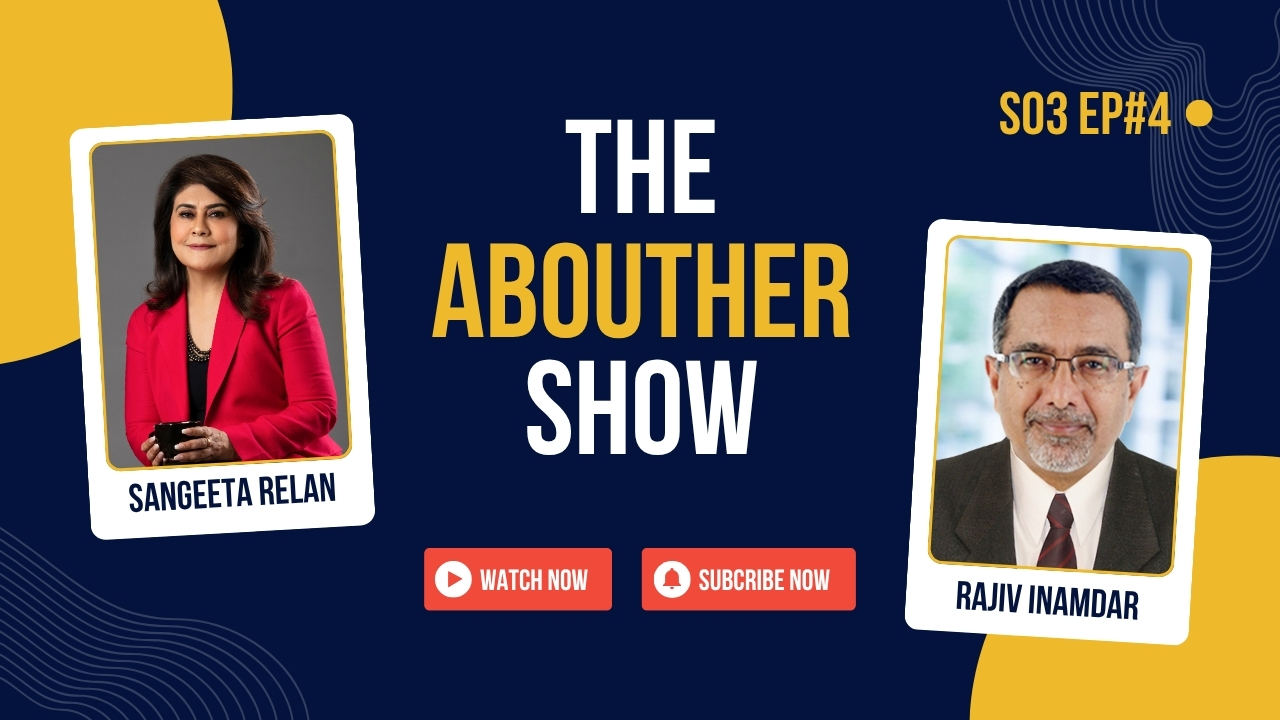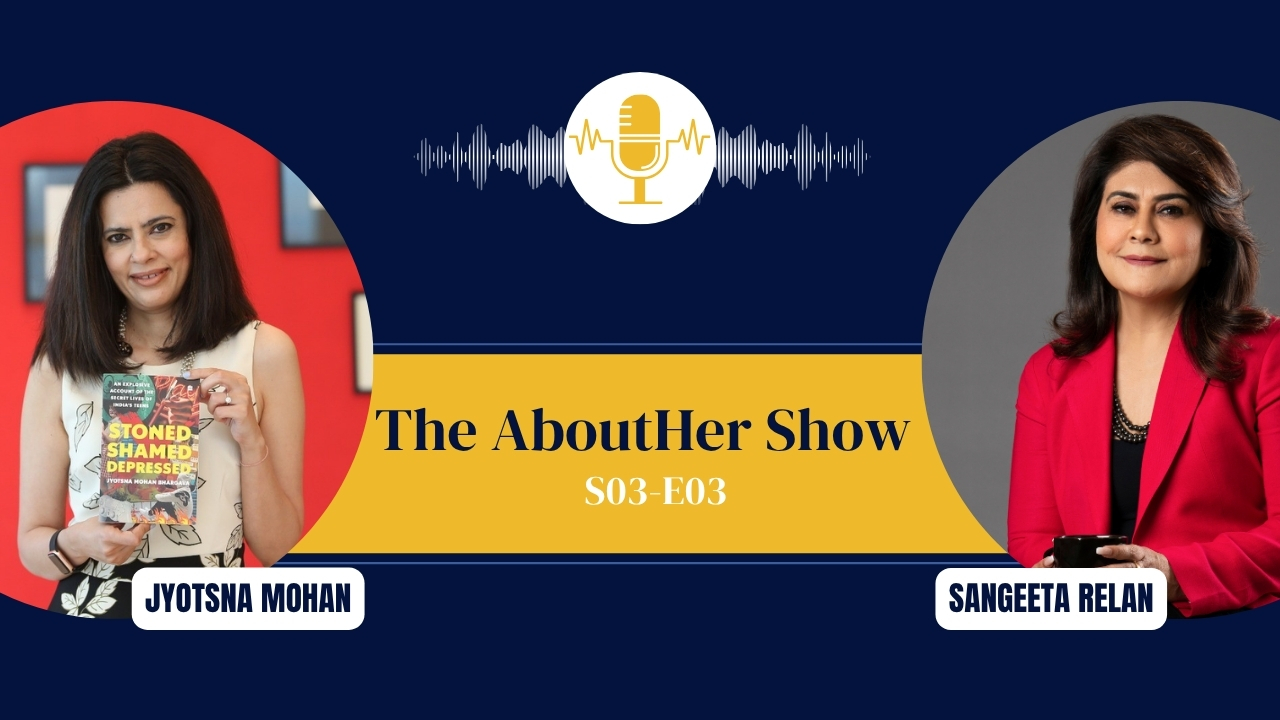Behind Closed Doors: An Anomaly of Silent Suffering
Domestic violence, at its core, revolves around suppression, but it isn’t limited to just physical abuse. Violence, if examined closely, takes many forms and can occur in any relationship, not just intimate ones. It doesn’t have to be between partners. The general definition of domestic violence, especially according to psychology, often refers to violent crimes against current or former spouses, girlfriends, or boyfriends. However, it is crucial to understand that this vicious cycle of cruelty does not end there. It cannot be explained in just a few words or lines.
Domestic violence brings to light a very critical aspect—emotional abuse. This means that abusive behaviour does not always involve physical violence. Over the years, distinctions have been made, and one of the most common forms of abuse, deeply researched and felt, is emotional or psychological abuse. It’s as if abusers have moved beyond their classic methods and now present themselves in a more polished, sophisticated manner, appearing as respectable members of society who seem too educated and liberal ever to be involved in such crimes.
But this is, in hindsight, a façade. An “abuser,” like anyone else, is an average human being with whom we are related or friends. We often can’t tell them apart, and that is the ultimate strategy of their game. This is also where the concept of emotional abuse becomes more complicated. It has always existed, but we couldn’t pinpoint it because it felt so normal. Many of us have been conditioned from birth to accept this kind of abuse as a part of everyday life. In the traditional sense, “emotional abuse is defined as any non-physical behaviour or attitude designed to punish, control, or isolate another person through techniques of humiliation or fear.” The abuser’s goal is to manipulate their victim to the point where they begin to adjust to the abuse. This creates a toxic situation, as no person can remain healthy under these circumstances. Eventually, they will feel suffocated and break.
Also Read: Safe Haven or a Phantasmal Hell?
Research shows that emotional abuse can include verbal assault, ridicule, control, isolation, dominance, or the use of intimate knowledge to degrade. The goal is to make the victim feel so small and targeted in their emotional and psychological well-being that they have no choice but to seek validation in whatever the abuser says. It becomes incredibly disheartening when movies like “Kabir Singh” (2019) and “Kaatru Veliyidai” (2017) romanticise verbal violence. Both films depict male protagonists as dynamic, masculine figures who are admired by audiences, even as they disrespect and belittle the female leads at every turn. These portrayals suggest that women are helpless, nurturing individuals who cannot speak up against their partners. Such depictions send the wrong message, normalising unhealthy relationships and disrespectful behaviour.
Speaking up and asking for help is often the hardest part in such cases, but it must be done for the sake of one’s health. No one deserves to be treated this way, and this message should be spread as widely as possible through cinema, theatre, and other mediums. For example, the underrated film “Alice, Darling” does an excellent job of exploring the dark nuances of gaslighting, manipulation, and emotional abuse
Share This On Social
![Sangeeta-Relan-AH-525×410[1]](https://slategray-flamingo-696901.hostingersite.com/wp-content/uploads/2024/06/Sangeeta-Relan-AH-525x4101-1.jpeg)
I’m Sangeeta Relan—an educator, writer, podcaster, researcher, and the founder of AboutHer. With over 30 years of experience teaching at the university level, I’ve also journeyed through life as a corporate wife, a mother, and now, a storyteller.
Recent Posts

